does veins have valves
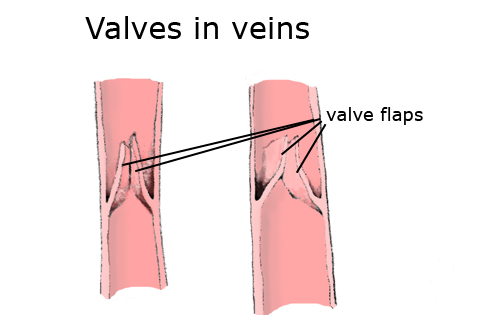 Do both arteries and veins contain valves? | Socratic
Do both arteries and veins contain valves? | SocraticThe circulatory system is an incredible variety of arteries, veins and organs that work together in unison. Every second of every day, the circulatory system works to transport about 2,000 gallons of blood, deliver oxygen to body tissues and provide the energy that their cells require. Once red blood cells have discharged their oxygen molecules, they need to be freshly oxygenated. That's where the veins come in. The deep veins of your legs are responsible for moving a considerable amount of blood to your heart. To effectively accomplish the task, these veins use special valves. How the veneer valves work When it works perfectly, the veins and the vein valves are placed as an engineering wonder. Imagine: to successfully reach your heart, blood often has to travel upwards, against the force of gravity, maneuvering inside and around the bones, muscles and joints in virtually infinite configurations. There are some processes at stake in this complex physical feat: In optimal conditions, blood reaches the heart, lungs, brain, and other essential organs, whether it is backwards, lying or standing. But sometimes, this beautiful system starts to work badly; a condition called to doctors like. What is chronic venous insufficiency? In short, CVI occurs when some valves in their veins are no longer fully sealed. Although they still work, it's with tiny leaks. As vein valves that close improperly allow small amounts of blood to flow back, CVI may eventually cause blood to the pool or clot upwards, leading to swollen varicose veins or muscle pain. If you think you may have chronic venous insufficiency, it is very important not to panic. While the condition can be dangerous, it is easily treatable; therefore, those who suffer pasts can still enjoy the activities they love. How can you tell her? These symptoms may mean that it is a good idea to request a detection of free veins. What are some risk factors for CVI? Being standing or sitting in the same position increases the pressure of the venous valve, leg injuries, long working hours and long distance travel can play a part in the development of chronic venous insufficiency. , Other risk factors are: If you fall into one or more of these categories, you don't need to be alarmed. Keeping an eye on warning signals can help you prevent future problems. Treatment Options There are a number of excellent treatments that alleviate CVI problems, many involving simple lifestyle changes, including regular exercise, wear of compression clothing or useful medications. Non-surgical medical treatment options also provide significant relief: Working with Friendly Doctors, Experimented You can TrustSome people with valve difficulties or varicose veins believe they should live on the condition. However, nothing is further from the truth. Thanks to modern technology and the expert care of our doctors at the Northern Illinois Clinic, patients can experience remarkable relief and recover the physical appearance they know and love. For more information about our team, get to know the CVI success stories or request a free projection, contact us via our online form or by calling (779) 696-8346. We consider it a privilege to be next to you. Patient reviewsEventsBlogsLocationA Perryville Place 2990 N. Perryville Rd., Ste 3400 Rockford, IL 61107 779-696-8346 Request a ScreeningACCREDITATIONSSocieties

Overview of the Venous System - Heart and Blood Vessel Disorders - MSD Manual Consumer Version

What Are Venous Valves and Why Are They So Important? - The Vein Specialists

Why don't arteries have valves? - Quora
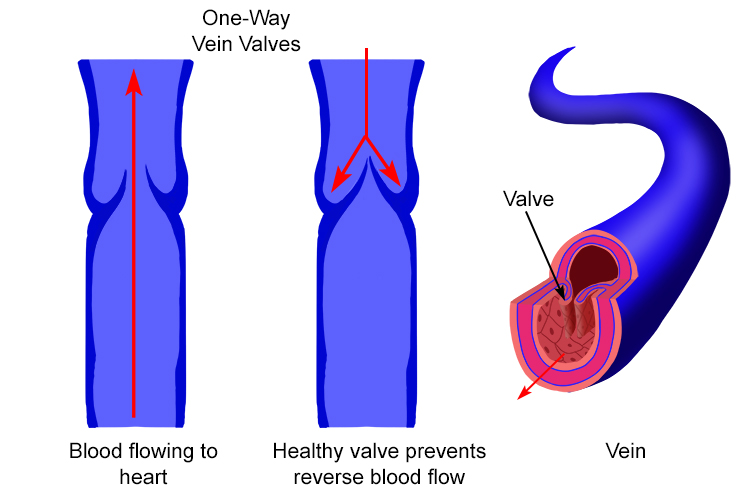
labelled diagram of vein valves and vein artery circuit
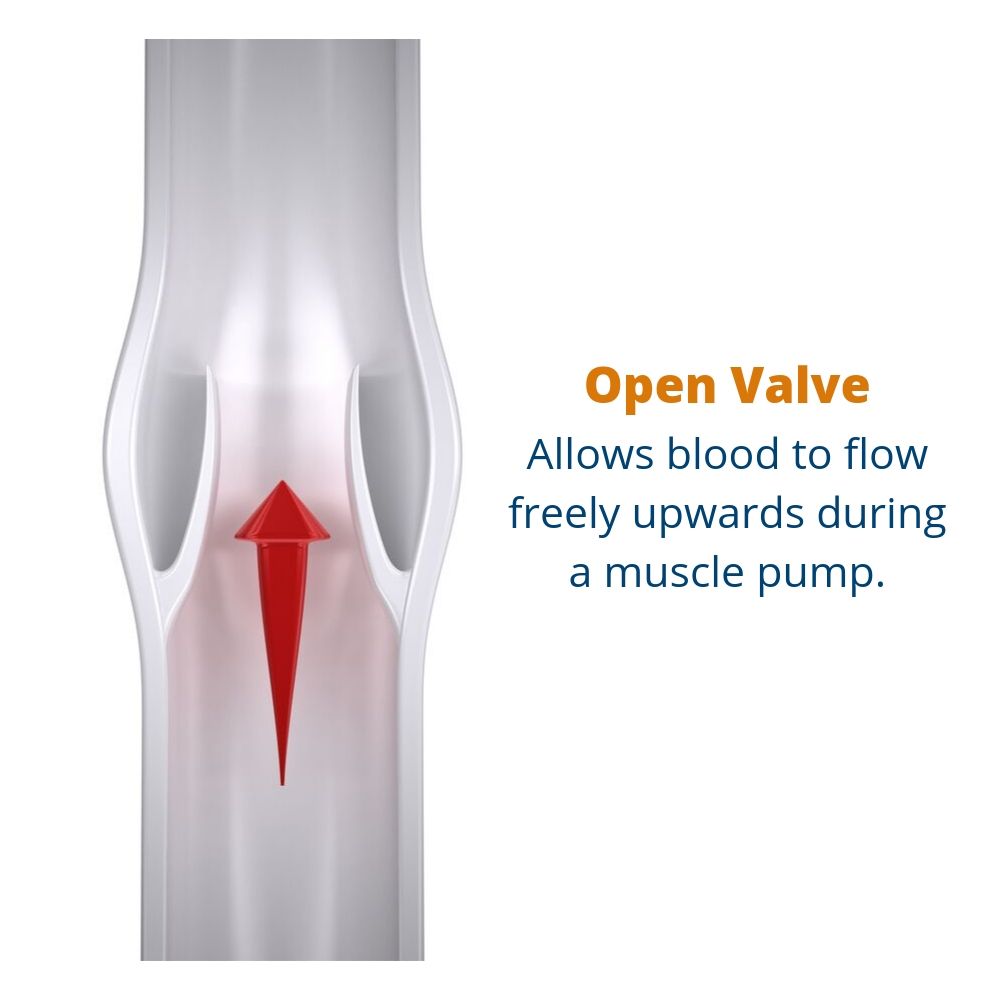
What are Valves in Veins and How do They Work - USA Vein Clinics
The Circulatory System
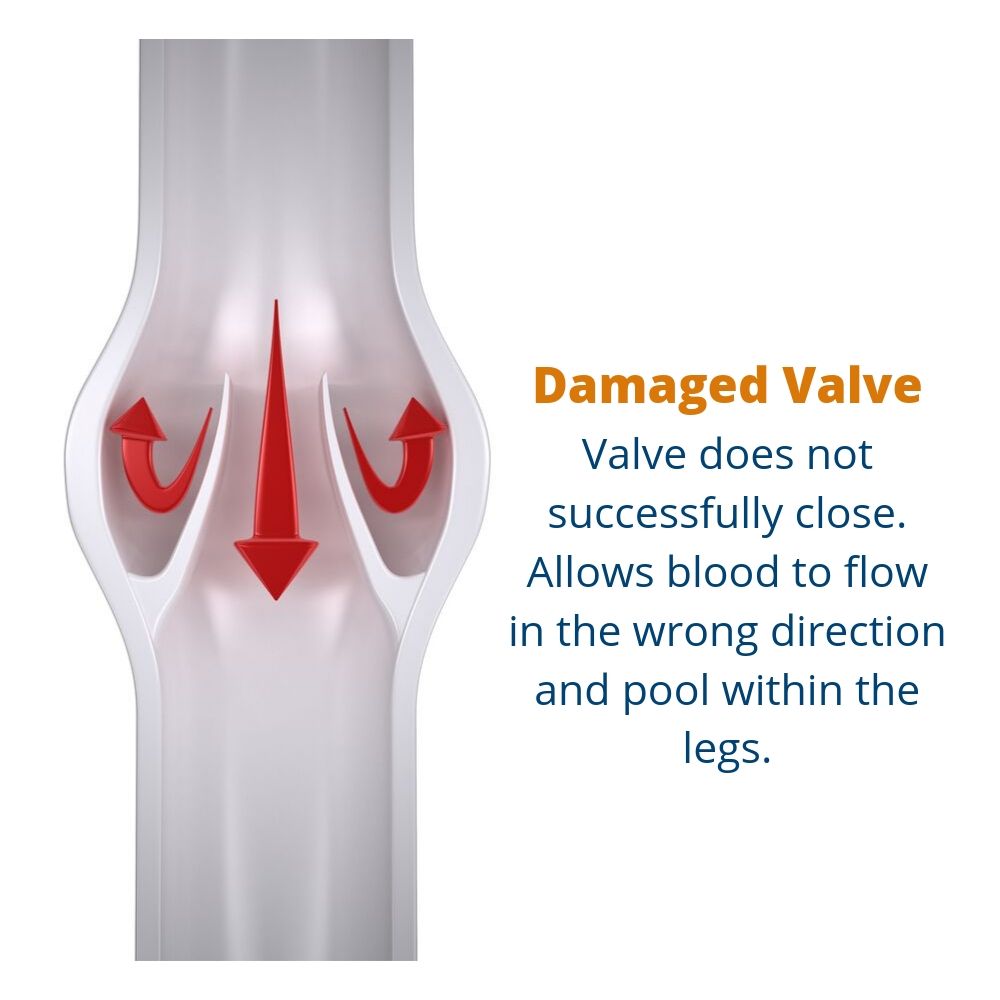
What are Valves in Veins and How do They Work - USA Vein Clinics

Bringing Verve and Vitality to Your Blood: Facts About Venous Valves: Minneapolis Vein Center: Interventional Radiologists

Venous insufficiency: MedlinePlus Medical Encyclopedia
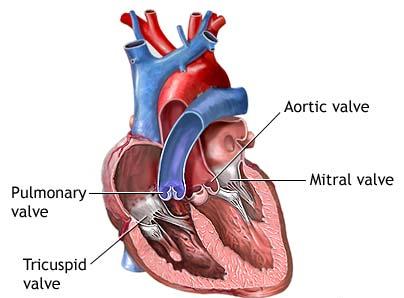
Do both arteries and veins contain valves? | Socratic

Varicose Veins - Heart and Blood Vessel Disorders - MSD Manual Consumer Version
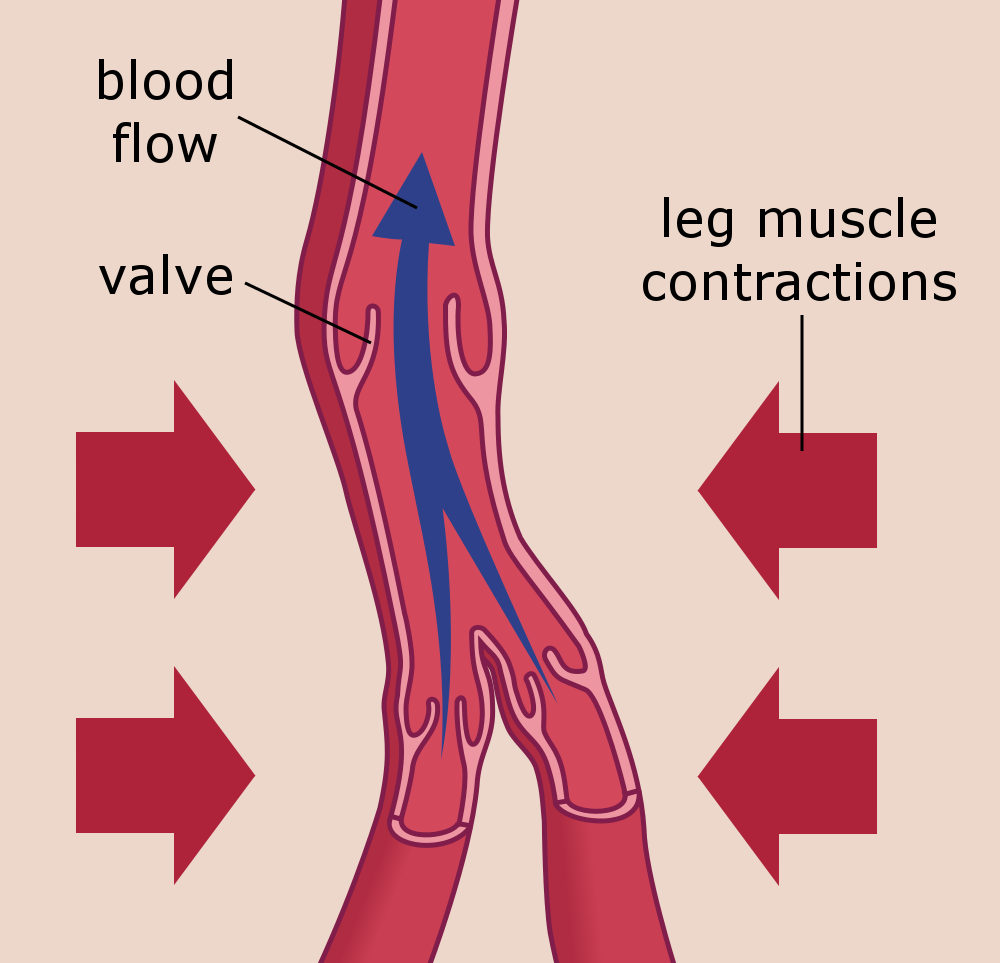
How can the heart be strong enough to pump blood up your legs against gravity? | Science Questions with Surprising Answers

Vascular system 3: diseases affecting the venous system | Nursing Times
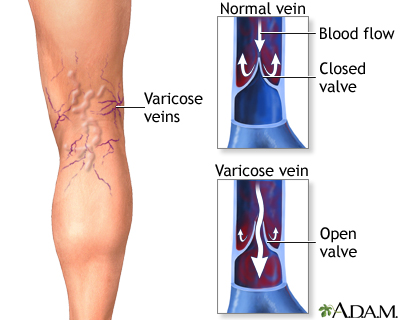
Varicose veins: MedlinePlus Medical Encyclopedia

What are Valves in Veins & How Do They Work | Vein Clinics of America

Why are valves found in veins but not in arteries? - YouTube
How Do Veins Work? | First State Vein & Laser Medi Spa | Wilmington, DE

Chronic Venous Insufficiency | Society for Vascular Surgery
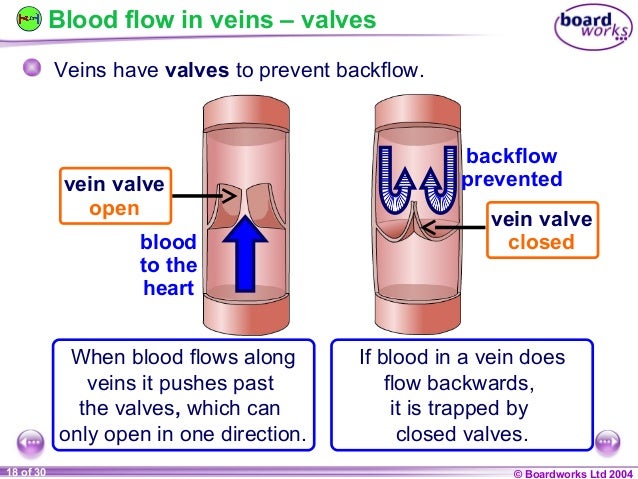
Ks4 blood vessels
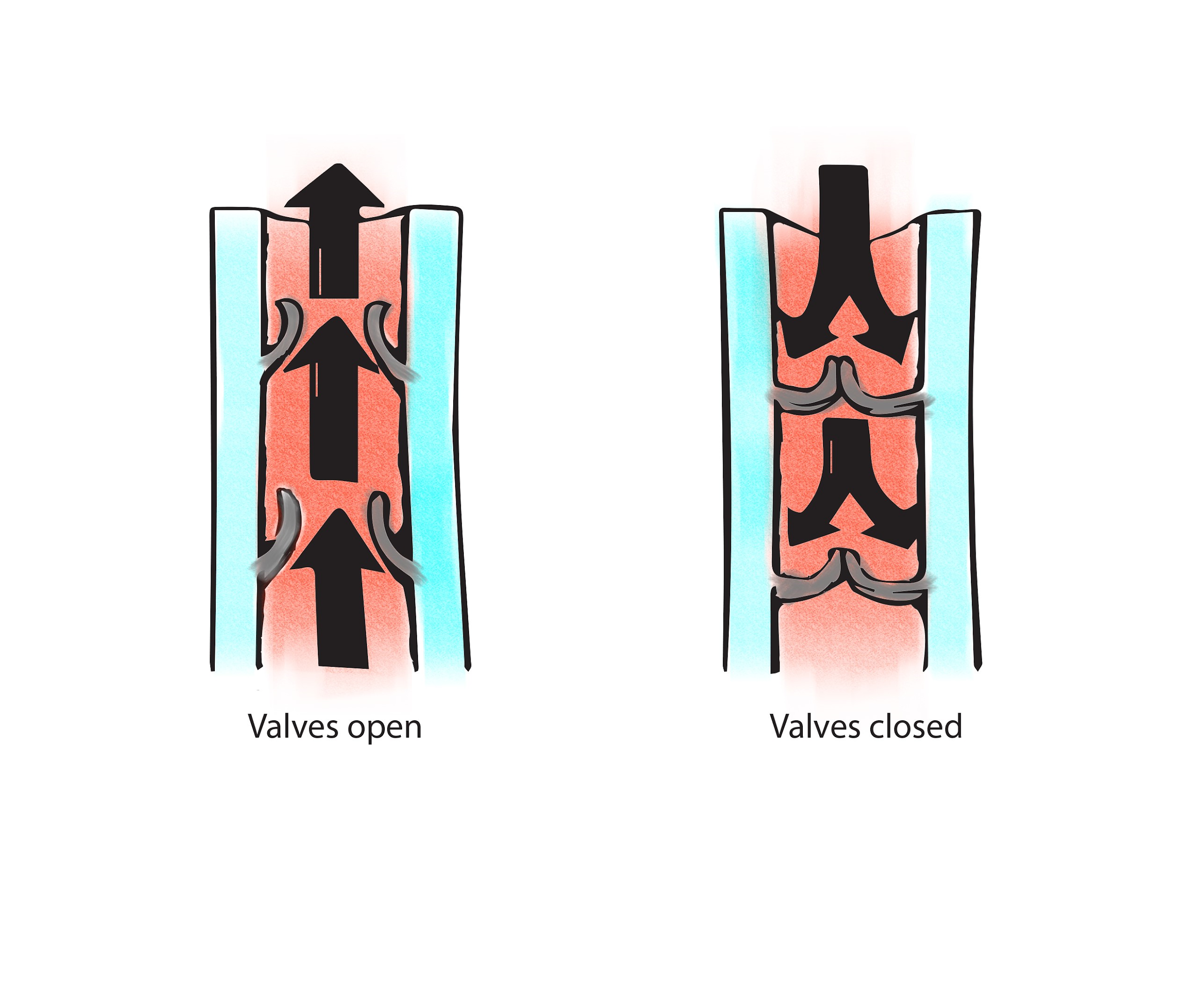
Blood vessels that contain valves are a Arteries b class 11 biology CBSE
The Circulatory System
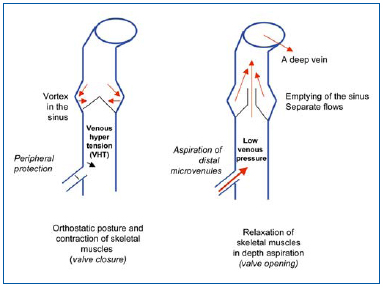
Recent findings in the pathogenesis of venous wall degradation - Servier - PhlebolymphologyServier – Phlebolymphology

Veins and Venules | CK-12 Foundation
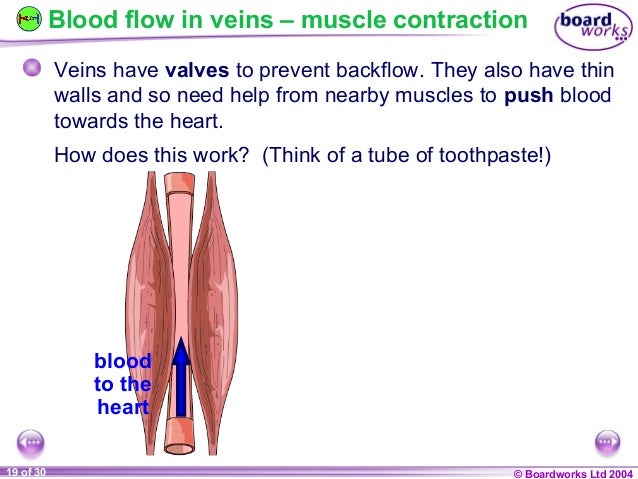
Ks4 blood vessels

Here's What You Must Know About Varicose Veins! | GetDoc Says

Why Do Veins Have Valves and Arteries Do Not?

Veins | BioNinja

Mechanism of Vein - YouTube

Circulation: Michael E. Nellestein, M.D.: Vein Specialist

Pin on Urinary GHP

startpage
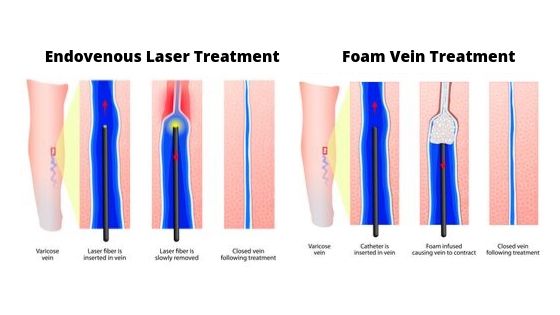
What are Valves in Veins and How do They Work - USA Vein Clinics

Prosthetic Venous Valve
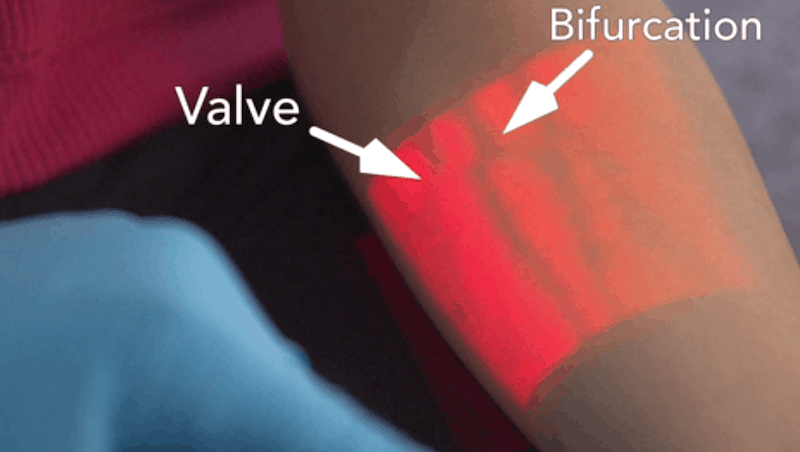
Vein Valves and Bifurcations - AccuVein Learning Center

Venous Return - Central Venous Pressure - TeachMePhysiology
Veins - Pass My Exams: Easy exam revision notes for GSCE Biology

Blood Vessels | Biology for Majors II

Hmmm... Do I have a vein problem?: Vascular Solutions: Vein Specialists
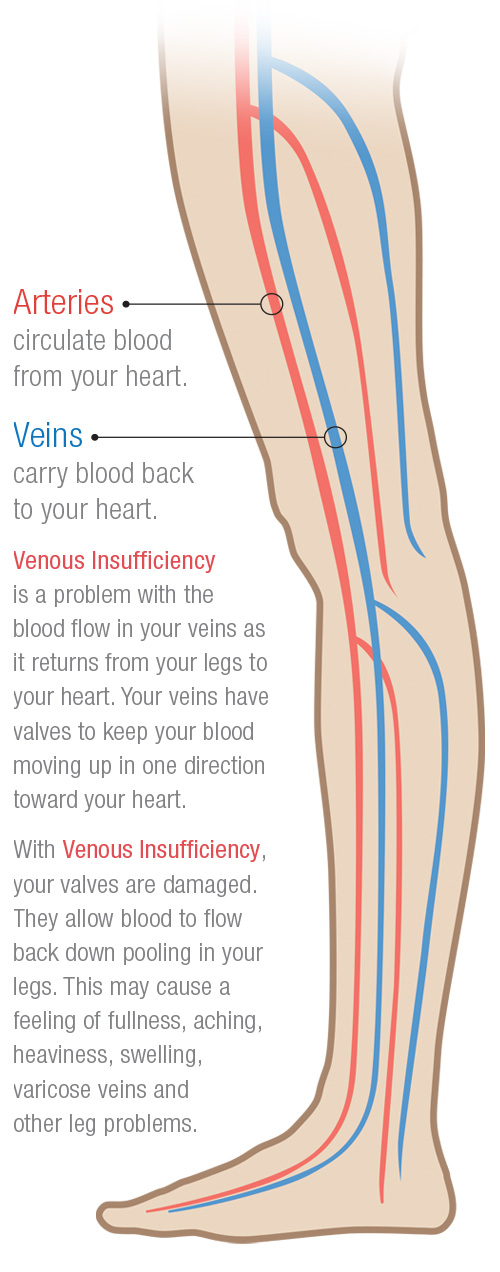
Venous Insufficiency - Vein Conditions | Triangle Vein Clinic - Cary, NC

Structure and Function of Blood Vessels | Anatomy and Physiology II
Posting Komentar untuk "does veins have valves"